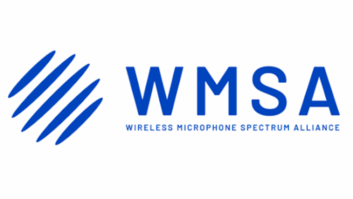Several wireless phone manufacturers and the trade association that represents them remain opposed to an FM chip mandate in wireless devices.
The manufacturers, who say they supply 85% of the consumer mobile devices sold in the U.S., join CEA on this issue.
In a letter sent to all five FCC commissioners before Friday’s meeting at the agency on the FM chip issue, Apple, HTC, Motorola, Nokia, PCD, RIM and Samsung, as well as CTIA, The Wireless Association, asked commissioners to “continue to follow a light regulatory touch” and decline pleas from NAB to have FM chips included “beyond the devices already available” in this country.
NAB has said it’s not seeking a government mandate, however the wireless industry has been distrustful of that.
The companies write to express their “strong concern with any intervention in the innovation, design and features of wireless devices.”
Smartphones may feature FM capability, high-resolution displays and other features. No one device needs to have all the available features, they stress.
Tradeoffs in the design and engineering process cover things like battery life, integration issues and the need for “numerous antennas” that all compete for the limited real estate in the components of mobile phones. Government intervention in this process would have a detrimental impact, the companies argue.
NAB has said the phone disruptions that occurred after the recent storms play up the need for FM chips in wireless phones and other mobile devices.
Both the broadcast association and the wireless association were arguing last week over exactly how many smartphone models now on the market actually contain working FM chips.
CTIA claims that figure is 59 while NAB says it’s far fewer out of the hundreds of models on the market.






